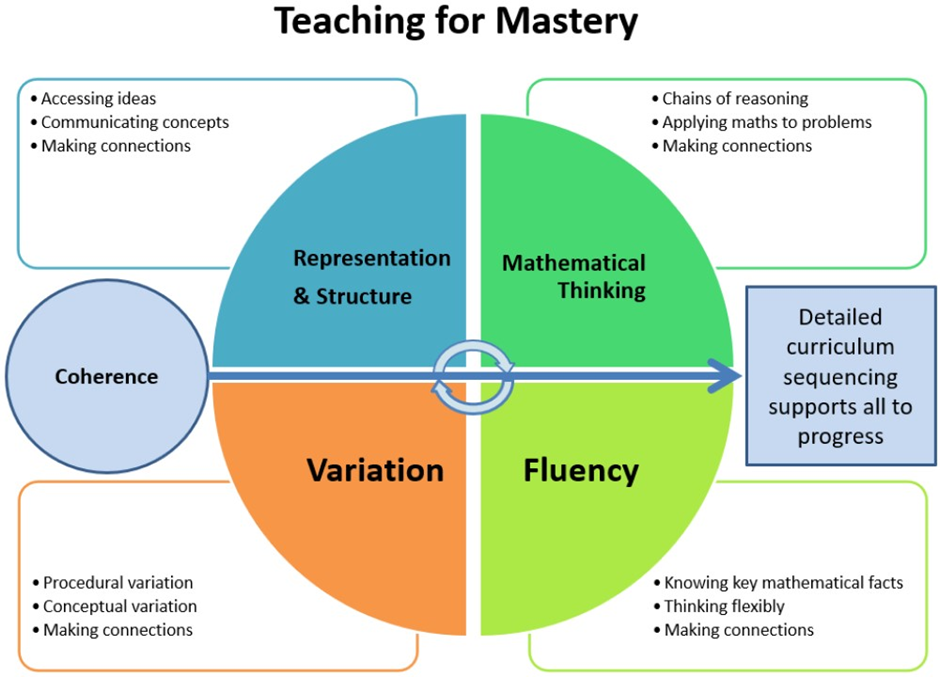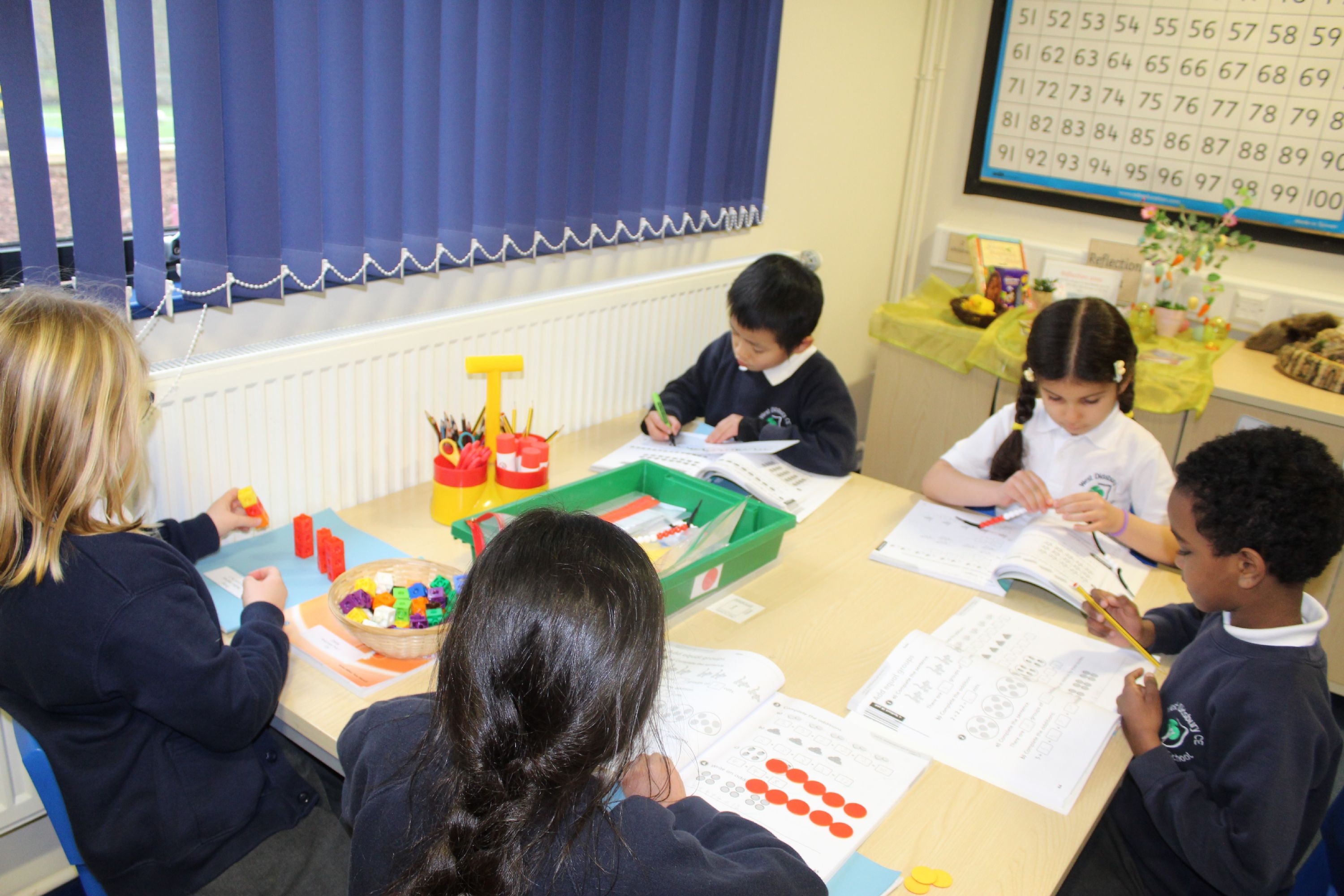Maths
Maths at West Didsbury CE Primary
Mathematics is central to learning. Our children's lives are full of numbers. Mathematics also helps them to achieve well in other subjects. It is vital to how our children learn and live.
Our curriculum is designed so that the children become fluent in the fundamentals of mathematics, through varied and frequent practice, so that pupils develop conceptual understanding and the ability to recall and apply knowledge rapidly and accurately. They will reason mathematically by following a line of enquiry, conjecturing relationships and generalisations, and use mathematical language. They will solve problems by applying their mathematics in a variety of contexts, including breaking problems into simpler steps, working collaboratively and persevering in seeking solutions. We want children to have a “growth mindset” attitude: to be able to learn from mistakes and not be fearful to have a go at challenging activities.
We have a mastery approach to Maths which is underpinned by the Five Big Ideas, all informed by research evidence and classroom experience:

We are part of the Maths Hub programme to embed and sustain a Teaching for Mastery approach across the whole school.
Throughout the school we use Power Maths as a basis of our maths curriculum. This is an exciting class mastery approach, which has been recommended by the DfE. At the heart of this programme is the idea that all children can achieve and be successful mathematicians with the right growth mindset.
In EYFS, teaching is delivered in small groups and follow-up activities take place through continuous provision. This learning is carefully assessed by teachers and recorded in a class floor book.
In KS1 and KS2 children are taught through whole class teaching. Every lesson is clearly structured to avoid cognitive overload. Children are encouraged to solve problems each day through the use of concrete resources, pictorial representations and abstract thinking. We use maths journaling alongside our Power Maths workbooks to support the development of reasoning skills and to offer more opening ended problem-solving opportunities.
The expectation is that children will achieve mastery of their year group objectives. This includes being able to solve problems flexibly and independently, not just completing arithmetic calculations. Pupils who grasp concepts rapidly are consistently challenged through “Stretch and Twist” activities which make connections across mathematical ideas to develop competence in solving increasingly sophisticated problems.
We use pre-teaching and adaptive teaching practices to ensure we engineer success for all children and use NCTEM resources to support with this. We firmly believe in “keeping up not catching up”.
We recognise the importance of Mathematical fluency. In EYFS and KS1 have four ‘Mastering Number’ sessions each week in addition to their Power Maths lessons. This is a nationwide project from the National for Excellence in the Teaching of Mathematics (NCETM) which aims to secure firm foundations in the development of good number sense for all children from Reception through to Year 1 and Year 2. The aim is that all children will leave KS1 with fluency in calculation and a confidence and flexibility with number.
Our ambition is that all WDCE children can not only calculate efficiently, but will have a sense of enjoyment and curiosity about patterns and mathematical problem-solving and are resilient when faced with challenges.


